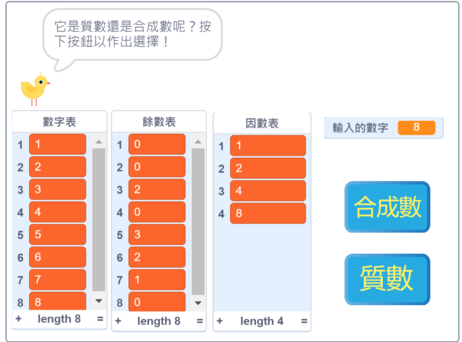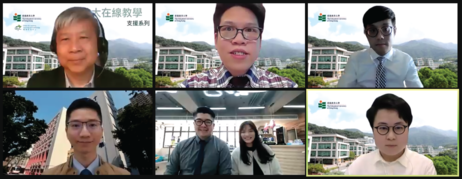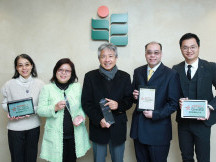New Teaching Materials to Integrate Coding with Subject Knowledge
In collaboration with the Hong Kong Catholic Education Office, The Education University of Hong Kong (EdUHK) has launched a series of interactive teaching materials emphasising the integration of computational thinking into subject knowledge learning. After a trial run in 10 primary schools of the Catholic Diocese of Hong Kong, the teaching materials have proven to be effective in enhancing students’ core subject knowledge, in addition to developing computational thinking in coding.
An online seminar was held today (29 January) to invite teachers who took part in the trial to share their experience and insights, attracting over 500 primary school principals, subject panel heads and teachers.
Funded by the Quality Education Fund, the two-year project (note) commenced in early 2020. After examining the pedagogical needs in each core subject, the project team shortlisted some curriculum components and developed them into three sets of teaching materials, featuring the integration of coding into mathematics, general studies and English language at the upper primary school level.
In the English teaching materials, for example, an online ‘Treasure Hunt’ game was developed to encourage students to learn vocabulary through programming. The students have to first learn vocabulary related to public and commercial facilities, such as “hospital”, “supermarket”, and “book shop”. Then they will devise their own treasure hunt route using coding commands such as “turn left’, “go straight” and “walk across the road” in English.
The project team has also developed learning games for other subjects, including a math coding game on remainders, prime numbers and composite numbers to explain complicated concepts in an easy-to-understand manner. The team designed a smart traffic light system using circuit connections to support the learning about electricity and circuitry in the general studies. On top of that, students will be invited to brainstorm ways to enhance the existing traffic light system design with the use of various types of sensors.
With the introduction of these game-based teaching materials, learning a core subject is no longer bound by traditional classrooms, and the learning motivation of the students has been significantly enhanced. A pre- and post-test comparison showed an increase from 7.95 to 13.92 (out of 20) in participants’ average score in English, indicating the effectiveness of the interactive approach.
Professor Kong Siu-cheung, Director of Centre for Learning, Teaching and Technology and Professor in the Department of Mathematics and Information Technology at EdUHK, said the University has promoted computational thinking in local schools over the past few years, making it an integral part of basic education. “By integrating coding into academic subject teaching, the project not only strengthens the computational and logical thinking of primary school students, but also enhances their learning interest in the subject, which we hope will inspire students on their path towards technological innovation in the future.”
Mr Julian Yip Kai-kwan, Assistant to the Episcopal Delegate for Education of the Hong Kong Catholic Education Office, said the emergence of new technologies allows the education sector to unleash the potential of innovative pedagogies for the benefit of student learning. “These materials have already been implemented in 10 schools in the first year and will be extended to another 10 in the coming year. We hope that all 55 primary schools in the Catholic Diocese will fully implement the new pedagogical approach.” He also thanked the University for providing teacher training on the teaching materials so that more educators can be equipped to incorporate computational thinking in their teaching.
Note: The full project title is ‘Using Coding as a Pedagogy for Teaching Subject Knowledge in Mathematics, General Studies and English Language and Fostering Computational Thinking’.
New Teaching Materials to Integrate Coding with Subject Knowledge
Download all images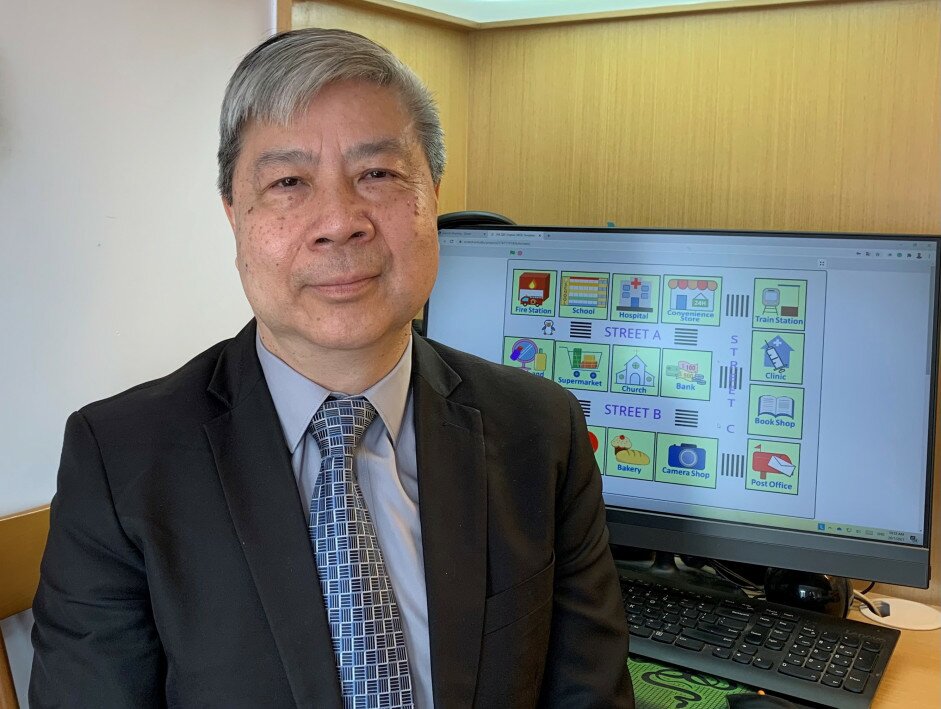
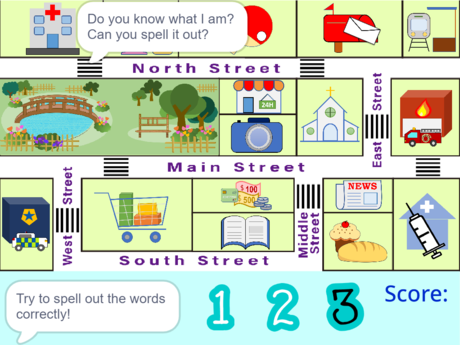
- Ends -




